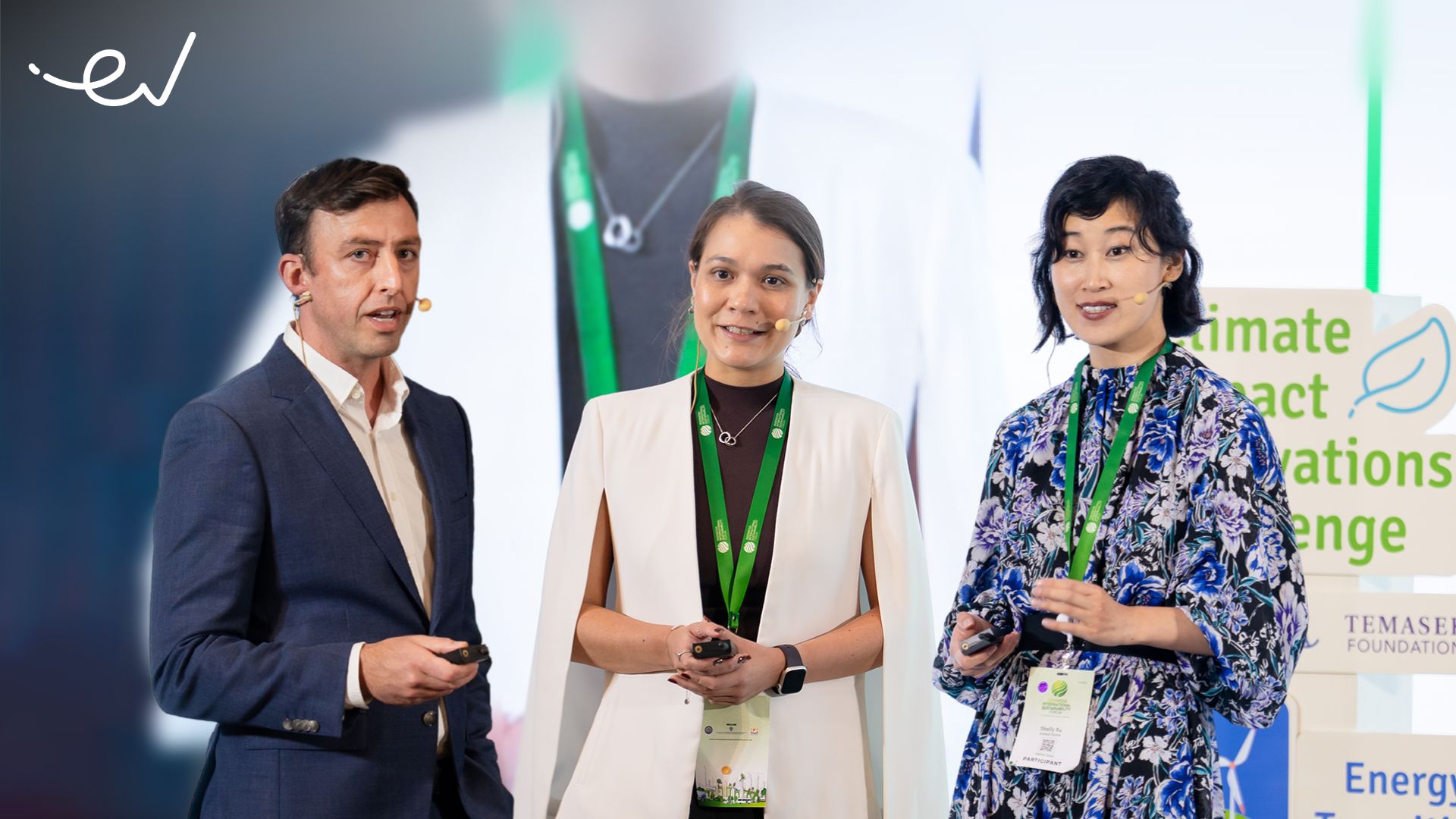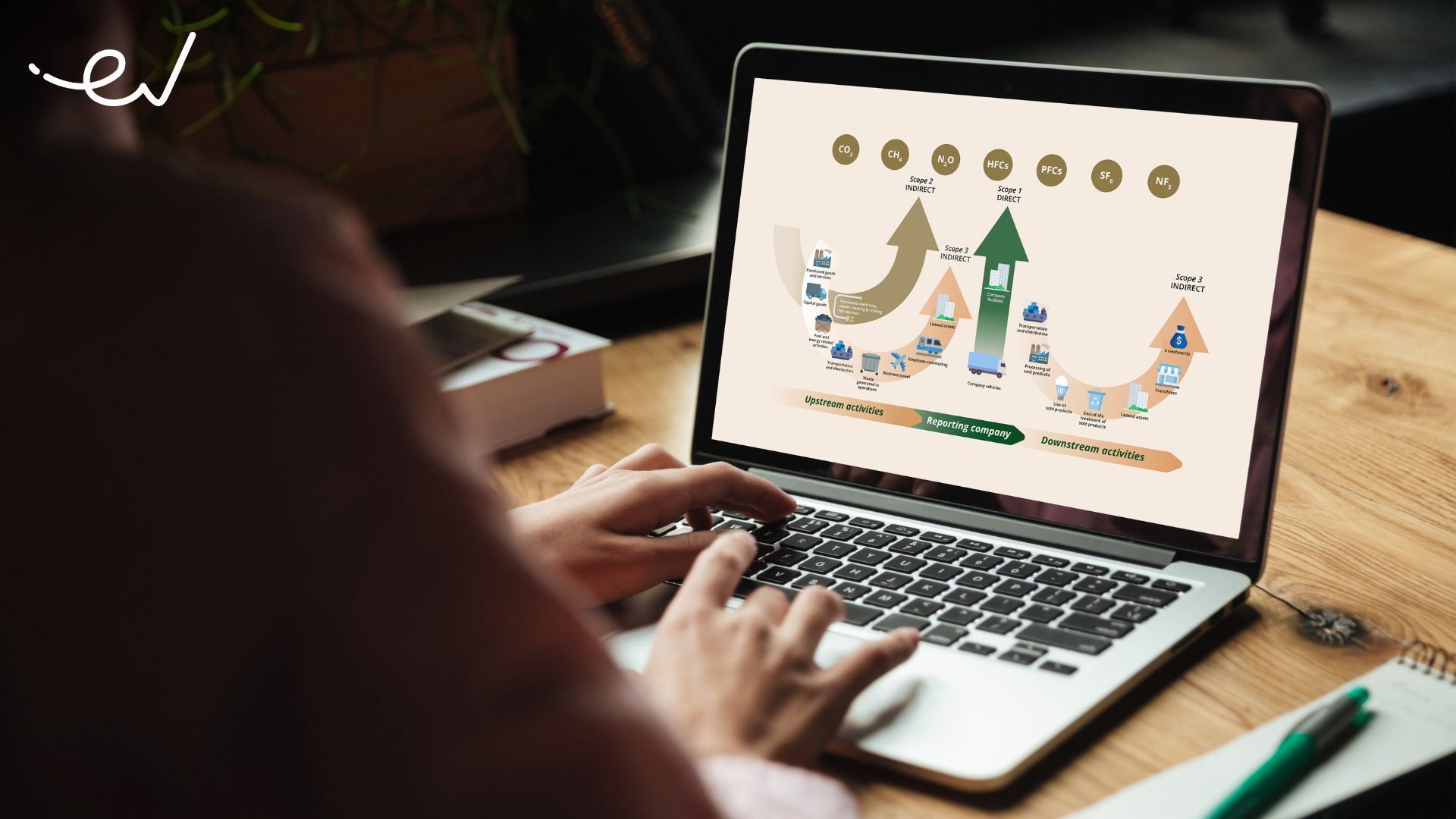The COVID-19 pandemic has exposed critical gaps in Indonesia’s healthcare infrastructure, revealing structural and systemic shortcomings requiring scalable solutions.
While revolution in this highly regulated sector does not happen overnight, we are now witnessing a pivotal shift driven by the Omnibus Health Law (Law No. 17 of 2023) and rapid digital adoption in Indonesia’s healthcare scene.
As we move through 2025, the sector is entering a renaissance. The government, citizens, and innovators are aligning to create a more resilient ecosystem.
Healthcare spending now exceeds Rp200 trillion, and digital innovation is accelerating across telemedicine, AI diagnostics, and health data platforms, fueled by a growing middle class and a surge in digital health adoption.
How can digital innovation be applied in Indonesia’s healthcare?
To solve Indonesia’s most pressing healthcare challenges, we need innovations that fundamentally transform how we diagnose and treat diseases and deliver healthcare.
We see three key opportunities for health tech startups to significantly improve healthcare outcomes: cost-effectiveness, intuitiveness, and tackling non-communicable diseases (NCDs).
1. Cost-effectiveness: To reduce the burden
For decades, healthcare delivery costs have risen globally. Recent projections indicate that Indonesia’s healthcare expenditure is stabilizing but remains a critical focus as the government aims to reduce financial toxicity for patients.
While Indonesia’s healthcare system is progressing, there is immense potential for technology to reduce these financial burdens:
- Automation & efficiency: Digital health tech can automate administrative tasks, including appointment scheduling, billing, and insurance claims processing, lowering operational overhead.
- Health monitoring devices: The Indonesian “connected healthcare” market is forecasted to grow at a robust 28.13% CAGR. Wearables and apps enable early detection, which allows timely intervention that prevents long-term costs.
- Data analytics: Big data analytics in healthcare can identify patterns and predict disease outbreaks. Startups like Mesh Bio, an East Ventures-backed company, use data analytics to stratify risks for chronic conditions. For instance, their HealthVector® Diabetes tool helps patients assess their risk of Chronic Kidney Disease, enabling them to make necessary lifestyle changes, thereby reducing risk factors and avoiding costly future complications.
2. Intuitiveness: Consumerization of healthcare
The line between “consumer” and “patient” has blurred. In 2025, patients expect the same level of transparency and personalization from their doctors as they receive from e-commerce apps.
Digital health technologies, such as patient portals and mobile health apps, can offer user-friendly interfaces that enhance patient engagement and self-management.
These tools allow for easy appointment scheduling, viewing test results, accessing health information, receiving medication reminders, and communicating with healthcare providers from home.
Additionally, advances in genomics enable personalized care plans based on individual patient history, risk, and need, further improving patient satisfaction and health outcomes.
3. Taking care of non-communicable diseases (NCDs)
NCDs—such as cardiovascular diseases, diabetes, and cancer—remain the leading cause of death in Indonesia, accounting for the biggest portion of total BPJS (Healthcare and Social Security Agency) spending. In 2023, NCDs incurred costs of up to Rp34.7 trillion, and accounted for 29.7 million cases. Compared to 2022, costs increased 44% and cases increased by 28%, showing that NCD treatment is also getting more expensive.
East Ventures’ portfolio companies, including NalaGenetics, Nusantics, and PathGen, are making strides in preventive care and early detection—the most effective ways to address NCDs.
These startups have introduced numerous innovations in health technology, enabling the public to detect NCDs early. Particularly for cancer, these silent killers require early detection for effective and timely treatment.
Making early cancer detection accessible to all
Cancer remains one of the most prevalent critical illnesses in Indonesia, alongside stroke, heart disease, and diabetes.
According to data from the Global Cancer Observatory, in 2022, there were more than 408,661 new cancer cases in Indonesia, with a total of 242,099 deaths, and these numbers are projected to increase by 63% between 2025 and 2040.
East Ventures’ health tech portfolio companies are directly addressing this:
1. NalaGenetics: Breast cancer
NalaGenetics has introduced MammoReady, a breast cancer risk prediction test that combines comprehensive DNA analysis to estimate breast cancer risk based on three main aspects:
- Polygenic Risk: Uses a scoring system to predict the likelihood of developing breast cancer within the next five years.
- Monogenic Risk: Assesses specific genetic factors by examining genes such as BRCA1 and BRCA2, which are known to be associated with breast cancer.
- Clinical Risk: Evaluates individuals based on a combination of genetic and clinical risk factors to categorize them as high-risk or average-risk.
The test is simple and quick, consisting of three steps: non-invasive at-home swab collection, genetic testing, and delivery of results.
The reports are available within 4-6 weeks and classify individuals into two risk categories: Average (below-average risk) and Elevated (above-average risk).
NalaGenetics, founded by Levana Sani and Astrid Irwanto, is a Singapore-based biotech company dedicated to reducing adverse drug reactions and improving prescription efficacy through genetic testing tailored for local populations in Singapore and Indonesia.
2. Nusantics: Cervical cancer
For cervical cancer, Nusantics developed the PathoScan hrHPV qPCR Kit, an HPV DNA test with an accuracy rate of up to 99.65% for cervical swabs. This test detects 14 high-risk HPV types, including HPV-16 and HPV-18, which are the primary causes of cervical cancer.
The virus infection induces a precancerous change known as cervical intraepithelial neoplasia (CIN). CIN can be detected by various screening tests and treated with simple techniques. Detection and treatment of the disease at the CIN stage prevent the development of cervical cancer in the future.
Nusantics’ test kit is unique, offering 98.48% accuracy on urine samples and enabling painless sample collection.
Founded in 2020 by Revata Utama, Nusantics is an Indonesian biotechnology company that offers precision molecular diagnostics. It specializes in PCR and next-generation sequencing-based solutions to close the diagnostics gap and improve healthcare outcomes.
3. PathGen: Colorectal, lung, and nasopharyngeal cancer
PathGen, founded by Dr. Susanti and dr. Michael Spica Rampangilei, is developing affordable molecular diagnostics test kits for various types of cancer, including colorectal, lung, and nasopharyngeal cancer.
Looking ahead, PathGen plans to leverage next-generation sequencing (NGS) to enable more comprehensive genetic profiling of diseases.
Founded in 2020, this biotechnology company uses PCR-based molecular diagnostics to enhance diagnostic accuracy and accessibility for every patient.
A healthier future through collaboration with the Ministry of Health
Innovation cannot happen in a silo. East Ventures believes in the power of public-private partnerships to accelerate transformation.
Starting from 2022, we supported the launch of the Biomedical & Genome Science Initiative (BGSi), the first national initiative program to develop a more accurate treatment for society through the use of technology to collect genetic information (genome) from humans and pathogens such as viruses and bacteria, namely “whole genome sequencing (WGS).”
In 2023, we partnered again with the Ministry of Health (MoH) of the Republic of Indonesia and Redseer Strategy Consultants to publish the white paper “Genomics: Leapfrogging into the Indonesian healthcare future”. This report offers a comprehensive understanding of how genomics can improve the healthcare system in Indonesia.
We continued our collaboration with the Health Innovation Sprint Accelerator (HISA) 2023 and extended it into 2024, as mentors and judges, helping identify and elevate the top three innovations.
In October 2025, we were proud to support the MoH in launching the “Indonesia Healthcare AI Hackathon 2025.”
This landmark initiative brings together doctors, AI engineers, and researchers to develop solutions for Indonesia’s five priority health issues: tuberculosis, stroke, stunting, diabetes, and cardiovascular diseases.
As the Incubation Partner to the MoH, East Ventures supports participants by providing strategic feedback on business scalability and on transforming innovative ideas into sustainable ventures.
By collaborating with the MoH’s Digital Transformation Office (DTO), we are helping build an ecosystem where AI does not replace medical professionals but empowers them—improving diagnostic accuracy and expanding access to services across Indonesia’s 17,000 islands.
East Ventures’ commitment to the health tech industry
What began as an emerging thesis at East Ventures in 2013 has evolved into a core pillar of our investment strategy.
East Ventures has been actively investing in healthcare startups and companies in Southeast Asia. Today, we have a portfolio presence throughout the end-to-end healthcare vertical.
From genomics to AI-driven diagnostics, we have built a diverse portfolio that includes Mesh Bio, Aevice Health, Intellect, Riliv, Diri Care, FitHub, Klar, Amili, and Etana.
We have maintained a strong presence in this region for more than a decade and are eager to support founders building a healthier Southeast Asia for future generations.
If you are a startup founder building in the health tech sector, send your pitch here.
By Maria Marcia, Investment Professional at East Ventures.








